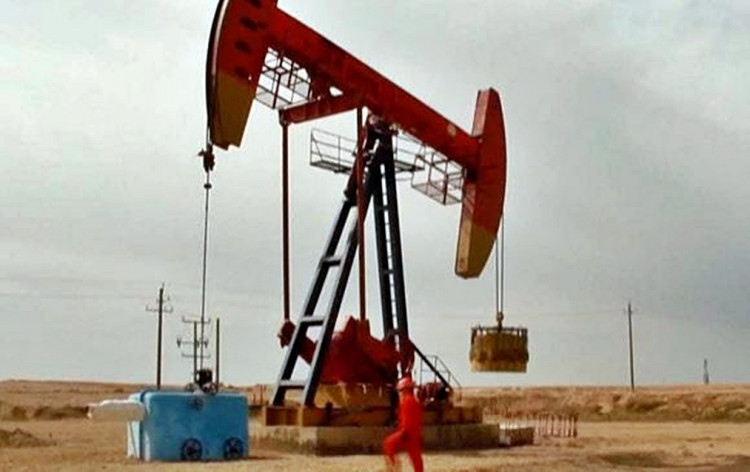At Beijing's behest, China's Big Three oil industry giants have embarked on risky and expensive oil exploration projects that might not guarantee higher oil production and the returns they intend to achieve.
Chinese state-run media reports that PetroChina Company Ltd, China Petroleum & Chemical Corporation (also known as Sinopec Corporation) and China National Offshore Oil Corporation (or CNOOC Group) intend to raise their combined capital expenditure to $77 billion, up 18 percent from 2018 and the largest amount in five years.
This massive amount will go to drilling for more oil and gas at questionable oil fields that are either old or expensive to operate, or are new and unproven. PetroChina plans to boost spending this year by 17 percent to $44.8 million, despite exceeding its 2017 budget by 13 percent. CNOOC plans to increase capex by as much as 27 percent while Sinopec will boost spending by 16 percent.
The massive capex will be one more worry for Sinopec investors already gravely concerned the company's upstream business continues to bleed money. Analysts at Jefferies Financial Group believe Sinopec, China's second largest oil major, might not have the resources to economically justify this massive upstream spending given its production guidance is aa mere 1.4 percent higher.
On the other hand, PetroChina, which is China's biggest oil producer, is inexplicably focusing its exploration efforts in China's restive Muslim province of Xinjiang in the far west. Analysts note that per-well spending in underdeveloped Xinjiang can be 10 times higher than other fields. They also said the main reason PetroChina continues to persist with what are clearly money-losing ventures is the order from Beijing to ramp-up production.
In 2018, President Xi Jinping demanded higher oil output to insulate China from oil shocks in the wake of a ruinous trade war with the United States. China is extremely vulnerable to oil price volatility given it's the world's biggest importer of oil and gas.
The Big Three's renewed drilling push follows years of declining domestic and heavy demand. China's unrestrained reliance on oil imports has grown to over 70 percent of total supply as domestic production shrinks.
"Investors have sufficient reasons to question whether the increased spending may generate reasonable returns," said Laban Yu, an analyst at Jefferies Financial Group in Hong Kong. "The oil companies may just be implementing the government's order, even if that means they produce oil at a high cost."
Other Western analysts said there is no question the Big Three are under a lot of pressure to quickly grow production.
Shares of all three Chinese oil majors tumbled Monday in Hong Kong. Sinopec saw its shares wilt by as much as 3.2 percent to close at its lowest level in two months. PetroChina fell as much as 2.8 percent, while CNOOC yielded 5.3 percent.





